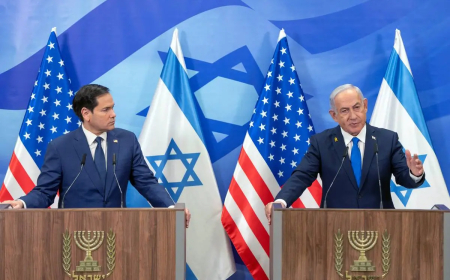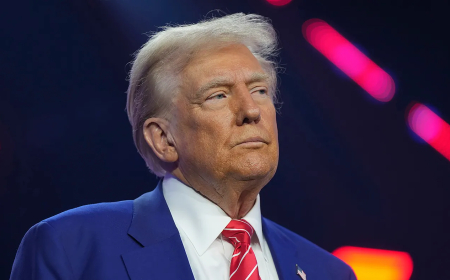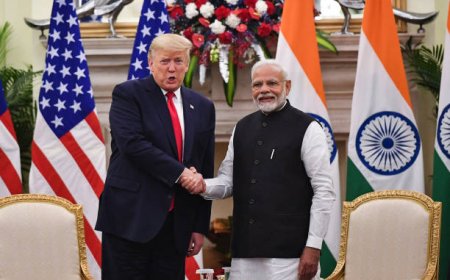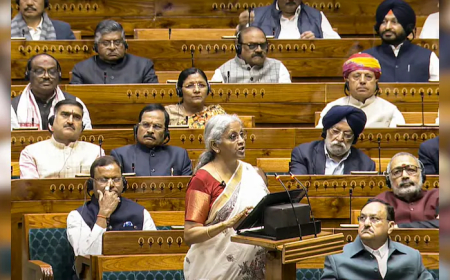The Implications of Trump's Tariff Imposition on North American Trade
Donald Trump has enacted significant tariffs on imports from Canada, Mexico, and China, citing national security risks related to illegal immigration and drug trafficking
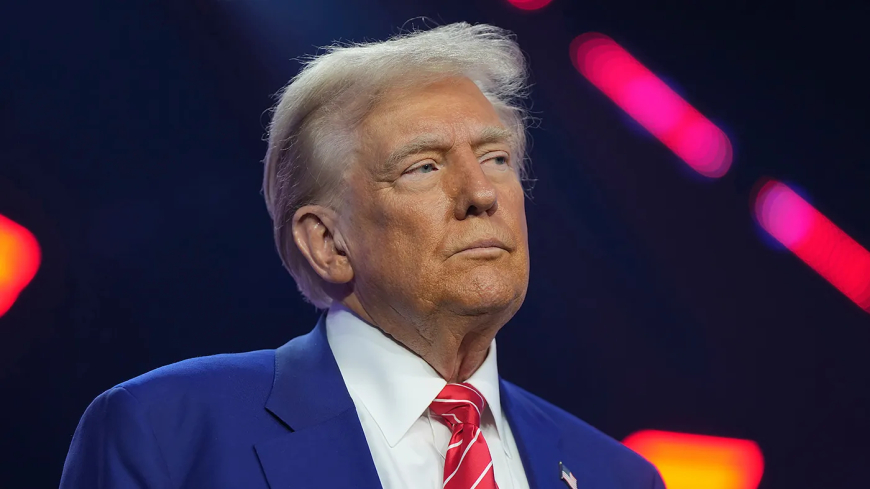
In a decisive return to his 'America First' agenda, Donald Trump has announced sweeping tariffs impacting imports from Canada, Mexico, and China. His administration has implemented a 25% tariff on goods from Canada and Mexico, alongside a 10% tax on imports from China. Trump’s justification for this economic maneuver stems from what he describes as a "major threat" posed by illegal immigration and drug trafficking, marking a potential escalation in a trade war.
Trump utilized the International Emergency Economic Powers Act to impose these tariffs, proclaiming that the situation at the southern border constitutes a "national emergency." He emphasized his commitment to ensuring the safety of Americans, asserting that this move aligns with promises made during his campaign, aimed at curbing the influx of illegal immigrants and narcotics into the U.S.
The imposition of these tariffs threatens to disrupt significant trade relationships. Canadian Prime Minister Justin Trudeau expressed his discontent, stating that "Canada does not want this," but hinted at preparedness to retaliate. Ottawa has already begun planning a response, including announcing 25% tariffs on a suite of American goods valued at approximately CAD 155 billion. This diplomatic strain underscores the potential for a trade war that could deeply affect the economies involved.
On the other hand, Mexican President Claudia Sheinbaum Pardo criticized the tariffs as counterproductive, asserting that dialogue, rather than punitive measures, should resolve such issues. She instructed her economic team to initiate a 'Plan B' to protect Mexican interests against these tariffs, showcasing the escalating tensions impacting trade negotiations in North America.
China, unsurprisingly, has reacted strongly as well. A spokesman for the Chinese government denounced the tariffs, vowing to enact equivalent countermeasures. This pattern of retaliation could potentially escalate into a tit-for-tat trade conflict impacting key sectors of both economies, reminiscent of the previous years’ trade disputes under Trump's earlier administration.
In global finance circles, Trump's renewed threats extend beyond North America. He recently signaled intentions to impose additional tariffs on the European Union, particularly if it continues to undermine U.S. economic interests. Furthermore, Trump's alarming remarks directed at BRICS nations concerning exorbitant tariffs if they attempt to challenge the dominance of the U.S. dollar signal a larger test of global economic power dynamics.
As the dust settles on these tariff announcements, the broader implications for U.S. trade policy and international relations remain to be seen. Stakeholders in various industries are closely monitoring these developments, as they may indicate a profound shift in the landscape of global trade that could resonate for years to come.
Traveling this road of international trade battles carries risks and uncertainties, not just for the countries directly involved but for economies around the globe. The world now watches closely, anticipating how these tariffs will unfold and shape both domestic and international markets in the future.


